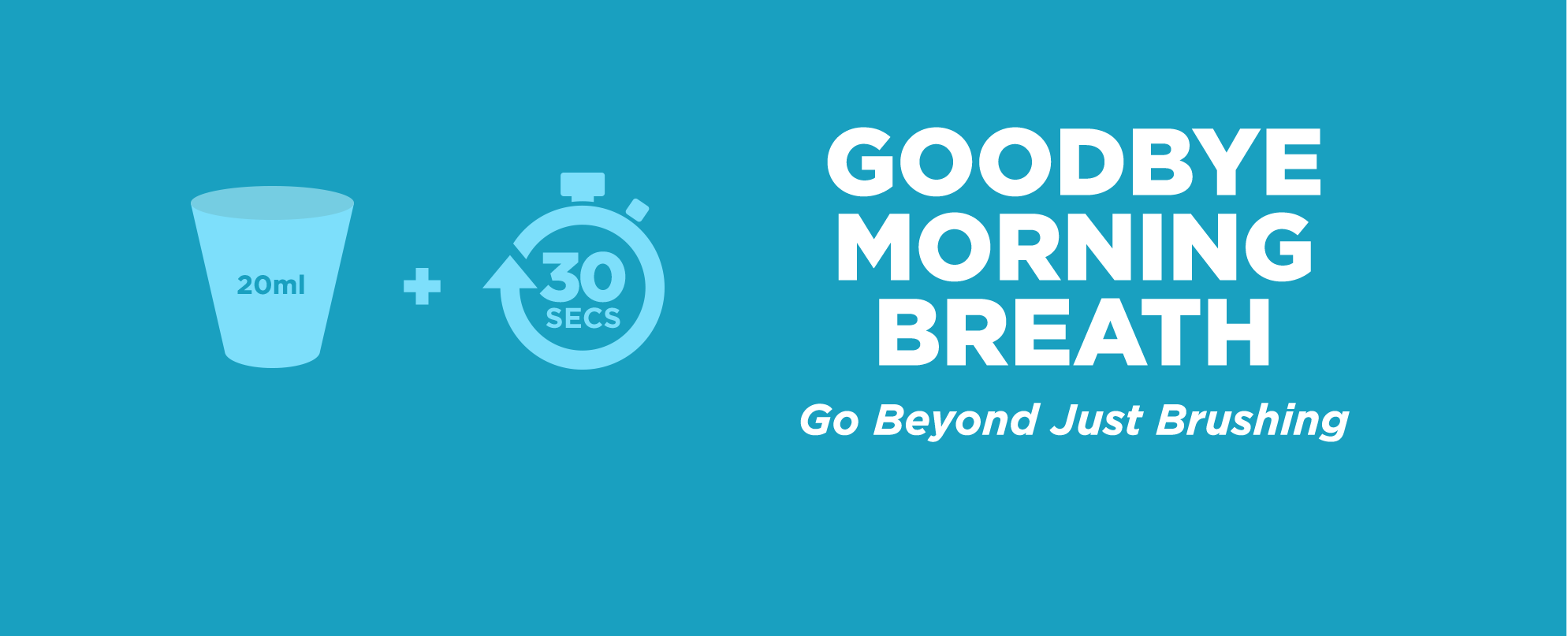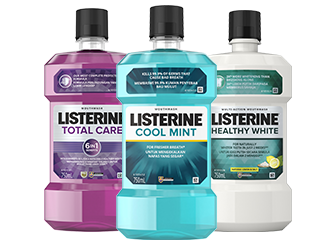Halitosis, a.k.a. chronic bad breath, is a condition in which a person emanates an unattractive odor from their mouth. The everyday “morning breath” most people wake up with is not halitosis. Neither is the five minutes of bad breath you’ll experience after eating the occasional spice-heavy exotic meal. True halitosis is a persistent smell that does not go away after brushing, flossing and rinsing. It can be demoralizing and embarrassing, so much so that many people are reluctant to even mention it to their dentist. But it’s also fairly common, and thus, quite treatable.

Halitosis has a number of possible causes, 80% of which are oral: cavities, gum disease, cracked fillings and less-than-clean dentures are all likely suspects. Then there are the dietary factors. High-protein/low-carbohydrate diets, acidic foods, sweets and, of course, a steady fare of onions and garlic will definitely curdle your breath like sour milk. So will excessive coffee and alcohol consumption. Tobacco users run an even higher risk.
Though rare, lung disease, certain cancers and tonsil infections have been known to cause halitosis. So have blood disorders and lung and kidney diseases. A more common medical cause is likely to be diabetes, because of fluctuating blood-sugar levels, acid reflux and postnasal drip. Even a common sinus infection can affect your breath with the buildup of mucus.
Since most cases of halitosis originate from inside the mouth, your first step should be a re-evaluation of your basic brushing and rinsing technique. While cleaning the teeth is necessary, it is of paramount importance that you give extra focus to the tongue—this is where a large amount of the bacteria lives that’s causing your bad breath. Scrape the tongue, then floss and rinse. Remember that brushing alone cleans only 25% of your mouth. Add rinsing to get your whole mouth clean.
If you don’t notice an improvement, your next step should be a visit to your dentist. Don’t be afraid or embarrassed to share your secret with a licensed professional. They’ll most likely be able to diagnose and treat the cause of your breath issues.


